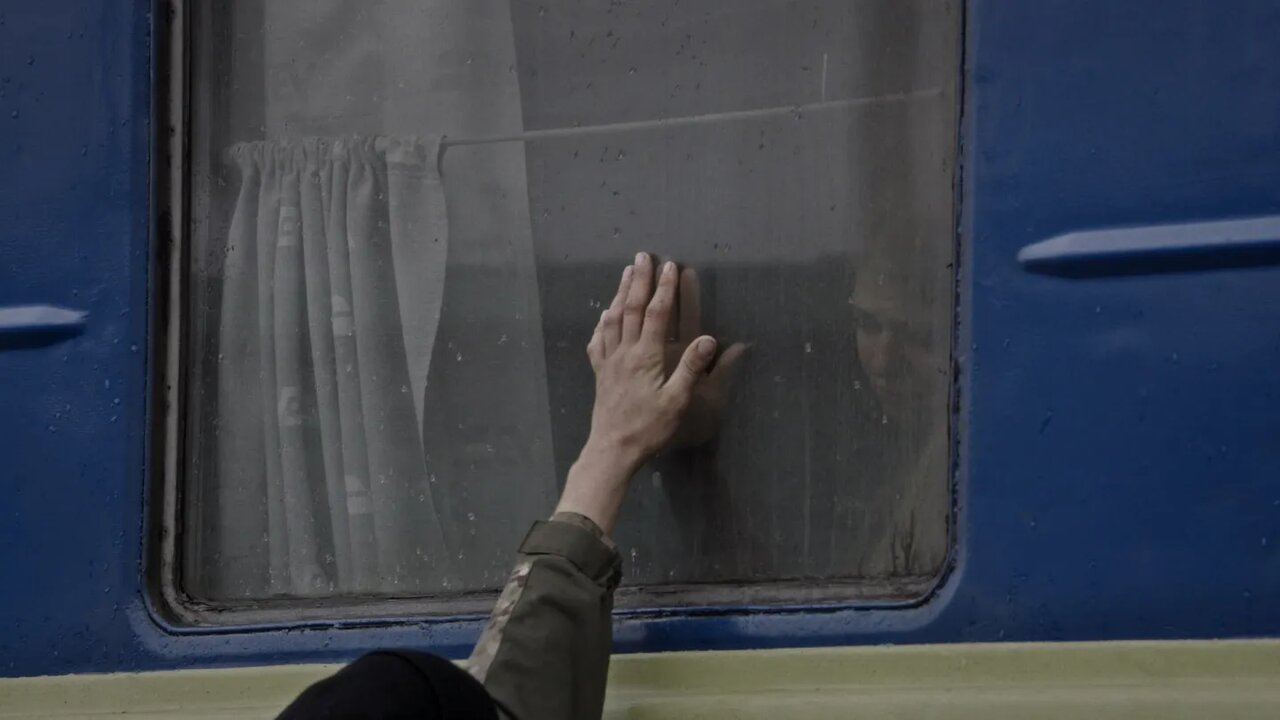
On the opening day of the Cannes Film Festival, the looks were more than ever made to Ukraine.
Three documentaries outside the main competition section showed narratives of the resistance, pain and hope of the Ukrainian people against the Russian invasion; Works from various angles brought the voice of a nation involved in war to world cinema.
Along with films such as “Zelensky” and “2000 Meters to Andrivka”, the Militantropos documentary was also shown in the “Two Week Directors” section; A film that is not seeking the front line, but in search of the inner and enduring effects of war on human beings.
Militantropos (war man) jointly made by three Ukrainian directors of Alina Gorlova, Yolisauta Smith and Simon Mozoogui began on the first day of Russia’s widespread invasion, February 7, and is an attempt to internalize a country in crisis; Non -narrator documentary, without explanatory dialogues, and in visual and poetic language.
In an exclusive interview with the Hollywood Reporter, the three filmmakers, along with the producer of the film Yugo Rachkowski, spoke about the impact of war on personal life, their concerns about the future of art, and the identity search that was formed in the devastation.
How did the war change us?
The directors of this documentary believe that war is not only an external situation but also an inner and existential experience that changes man. “The war has become part of us and we have become part of the war,” says Simon Musegovia. “This experience has forced us to understand the value of our lives and decisions deeper.”
Yazavota Smith also says of the feeling of living in a permanent war situation: “Do I decide or go every day? How to protect my child or family? What can I help the army? And in the meantime, the only thing that helps is human and collective relationships. “
From the film’s producer, Yugo Rachekowski, what has happened in Ukraine over the past three years is not limited to one country. “The film was originally made as a document of its time, but today it has become a personal experience,” she says. A narrative of how the war is carved within us forever, even if it seems to be over. “
A movie without a narrator but full of inner screams
Militantropos (war man) is based on living experience and has no classic narrative structure. “We didn’t want to explain anything,” explains. The audience must experience what we felt. “Cinema should allow deep emotional experience.”
The film is made in three sections; The first part of the initial reactions to the war, the second part of the entry of war to everyday life, and the third part, an inner look at human developments. Of the more than 5 terabytes of the recorded image, editors have tried to portray small but meaningful moments with a symbolic and poetic structure.
A crowded portrait of the people involved in the war
“We had made years about the war in Ukraine for years,” says Yeliza Smith about the initial idea of making the documentary. But when the widespread invasion began, we realized that we had to build a collective portrait. “This film is our narrative of the people who live and live.”
The directors say they had decided to make a movie about war before making the film. But the widespread invasion made them to a point where they could not remain silent. “When we see how fast the world forgets, when public opinion comes like a wave, we asked ourselves,” Can art change people’s minds? “
The scene that remained
One of the unforgettable scenes of the film is an old woman who continues to garden in the ruins of her home and cook for others. A beautiful house that has now been destroyed, but he is still standing there. “He could go, but he returned,” says Alina Gorlova. He kept saying, “We have to win.” We have to win. “It was his belief that there is still hope in the heart of destruction.”
Militantropos (war man) will be displayed on May 5 in the two weeks of the Cannes Film Festival; An immediate narrative of people who seek the new meaning of being in the heart of war.
Translator: Reyhaneh Eskandari
Source: Hollywood computer
1
